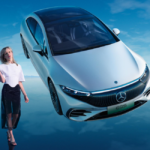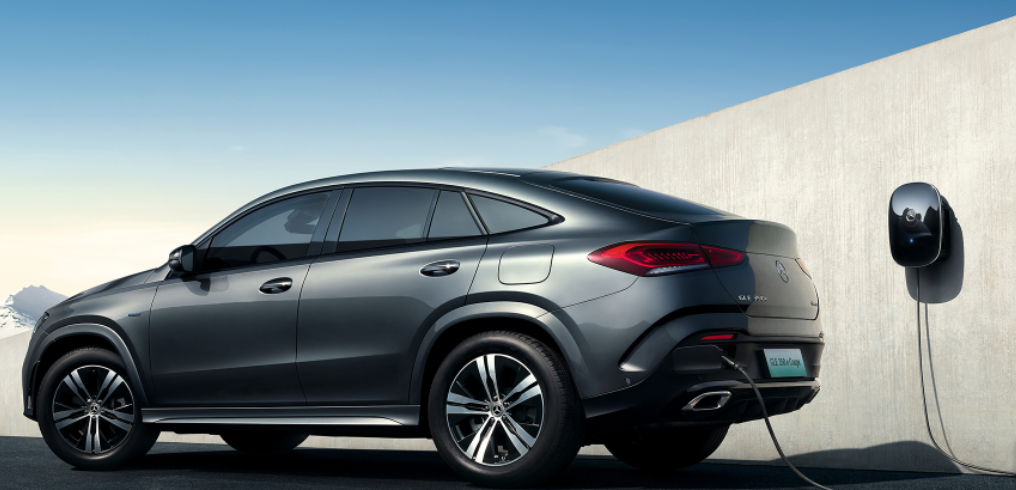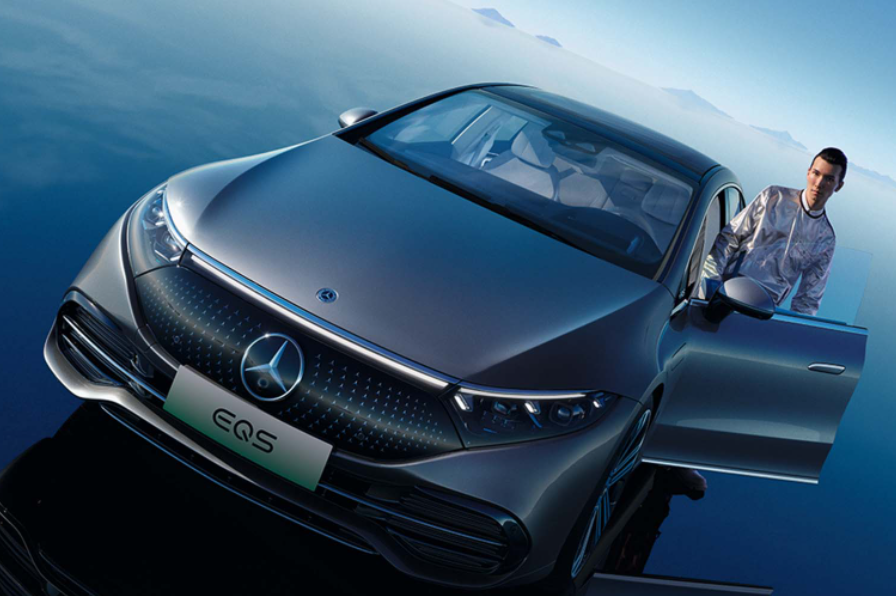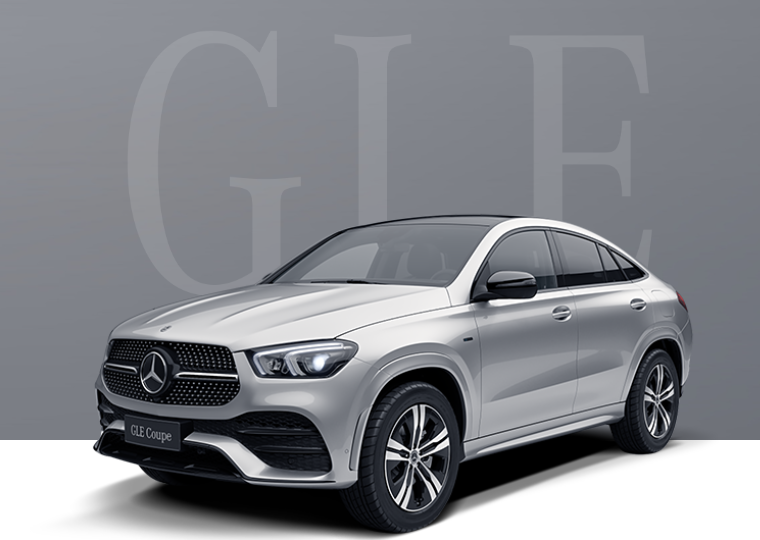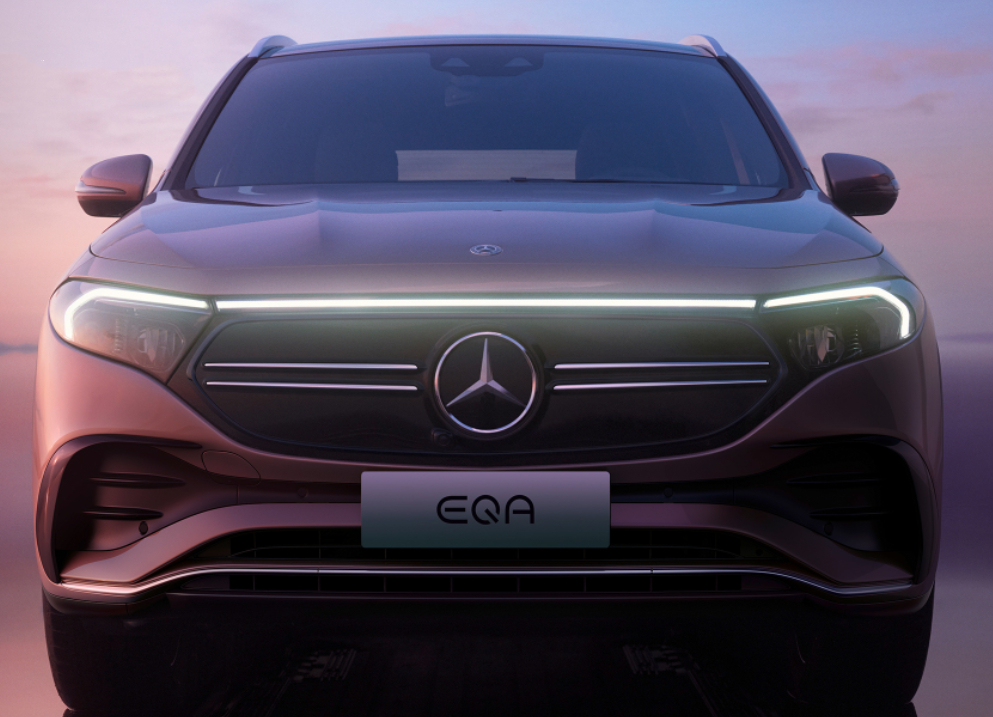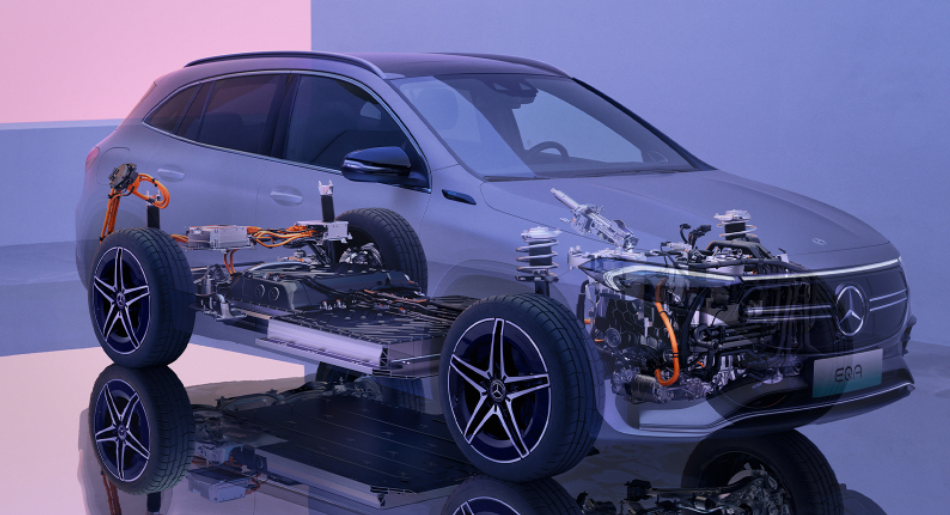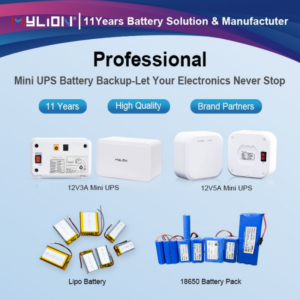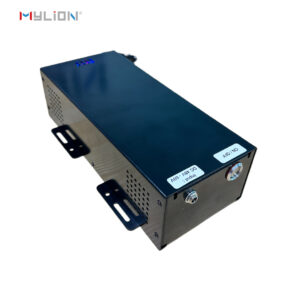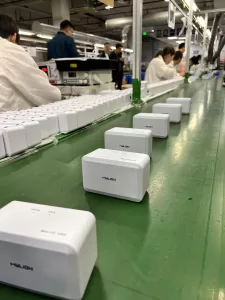Mercedes-Benz’s goal: By 2030, the carbon emissions of each passenger car throughout its life cycle will be reduced by an average of 50% compared to 2020. It is planned that by 2030, by promoting the use of solar and wind energy in major production bases and purchasing additional Energie through the “Power Purchase Agreement”, it aims to meet more than 70% of Energie needs with renewable energy.
On April 11, Mercedes-Benz Group AG held the first ESG (Environmental, Social and Corporate Governance) Forum, announced specific measures to reduce carbon emissions, and promised to speed up the transition to “full electric”.
Mercedes-Benz’s goal: By 2030, the carbon emissions of each passenger car throughout its life cycle will be reduced by an average of 50% compared to 2020. It is planned that by 2030, by promoting the use of Solar- and wind energy in major production bases and purchasing additional energy through the “Power Purchase Agreement”, it aims to meet more than 70% of Energie needs with renewable Energie.
In order to achieve the carbon footprint target, Mercedes-Benz has taken a series of key initiatives including electrification of its product lineup, green charging Energie, and battery technology upgrades.
Mercedes-Benz plans to increase the sales of plug-in hybrid and pure electric models to 50% by 2025; by 2030, fully prepare for full-scale pure electric in the market where conditions permit. At present, the Mercedes-Benz electric product lineup already includes 6 models, namely EQA, EQB, EQC, EQS, EQE and EQV. With the launch of the EQS SUV, EQE SUV and EQT, the number of pure electric models will increase to nine.
At the same time, Mercedes-Benz believes that charging with renewable energy is an important way to reduce carbon emissions. In Europe, around 300,000 public charging stations in the Mercedes-Benz Mercedes me Charge network are rolling out a “green charging” feature, which ensures that when customers charge their vehicles, amount of electricity into the grid.
Not only that, Mercedes-Benz also focuses on the upgrade layout of battery technology and promotion of recycling. It plans to further reduce carbon dioxide emissions during Batterie production by improving Batterie anode and cathode production processes and other measures. To this end, Mercedes-Benz actively develops strategic partners, jointly develops advanced and competitive battery technology, and promotes industrialization. By around 2025, high-silicon anode cells will exceed 800 watt-hours per liter, with huge potential in terms of battery energy density.
In addition, Mercedes-Benz will also carry lithium iron phosphate batteries for production models, the advantage of which is that the cathode is completely free of cobalt. Mercedes-Benz is working with partners to develop solid-state Batterien. In order to achieve autonomous control of the full life cycle of Batterien, Mercedes-Benz is planning to build a carbon-neutral recycling plant in Kupenheim, Germany, using a new hydrometallurgical technology to recycle end-of-life electric vehicle batteries, increasing the recycling rate to 96% .
According to the 2021 fiscal year performance data officially disclosed by Mercedes-Benz, the Mercedes-Benz Group’s turnover in 2021 will reach 168 billion euros, a year-on-year increase of 9%; its net profit will be 23.4 billion euros, a year-on-year increase of 484%. The company’s sales of new Energie products have shown a rapid growth trend. The cumulative sales in 2021 will reach 272,000 units, an increase of 64% over the same period. Among them, the sales of pure electric vehicles reached 90,000 units, a year-on-year increase of 91.49%; the sales of plug-in hybrid models reached 182,000 units, a year-on-year increase of 52.94%.
In order to ensure the company’s supply of power Batterie cells in the process of electrification strategy, in addition to purchasing Funeng Technology batteries with an advance payment of over 1 billion at the end of last year, Mercedes-Benz is still making continuous moves in the layout of power batteries this year.
On January 27, Mercedes-Benz announced that it has signed a technical cooperation agreement with Taiwanese solid-state Batterie company ProLogium to jointly develop next-generation Batterien, with an investment of several million euros. The first models equipped with the new solid-state Batterie are expected to be launched in the next few years, and will also be installed in a series of passenger cars in the next five years.
On March 15, Mercedes-Benz announced the opening of a new Batterie plant in Bibb County, Alabama, that will supply batteries for the new EQS SUV and EQE SUV. To localize an important supplier, Mercedes-Benz is partnering with Envision AESC, one of the world’s leading battery technology companies. In order to achieve the goal of full electrification by 2030, Mercedes-Benz plans to build eight Batterie factories around the world with partners by 2030 to meet the needs of 200GWh of battery capacity.
On March 24, Stellantis, Total Energies and Mercedes-Benz finalized a new shareholder agreement, whereby Mercedes-Benz became an equal shareholder in Automotive Cells Company (ACC), a Hersteller of automotive batteries, with three parties each holding a third. one of the shares. The three companies have pledged to increase ACC’s Batterie capacity to at least 120GWh by 2030.
mylion lead-acid-battery link: https://myliontech.com/category/other-products/lead-acid-battery/

